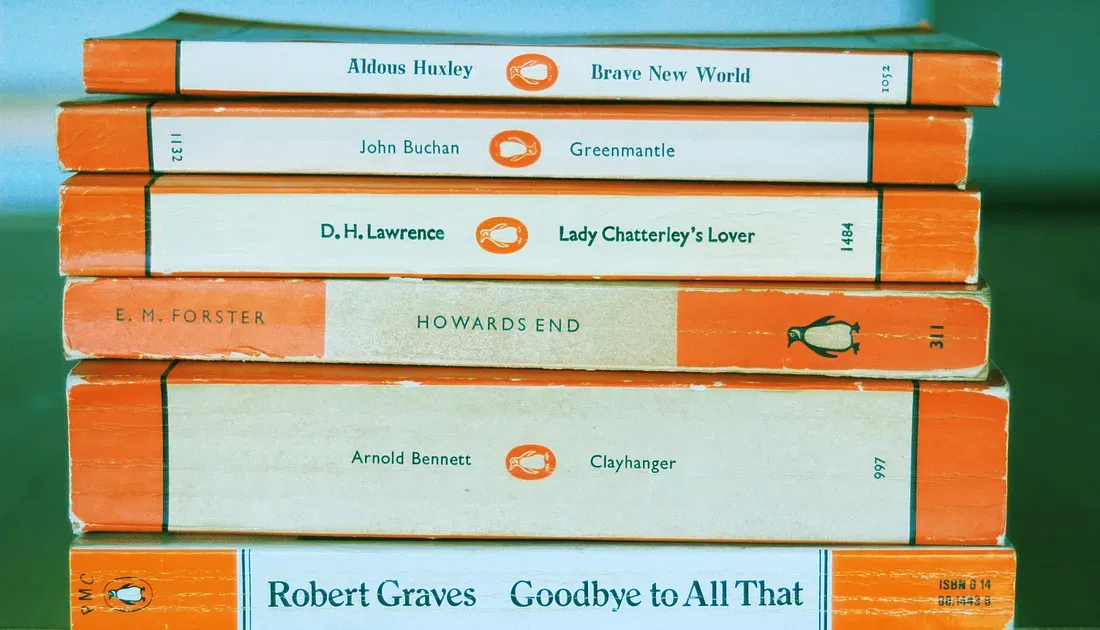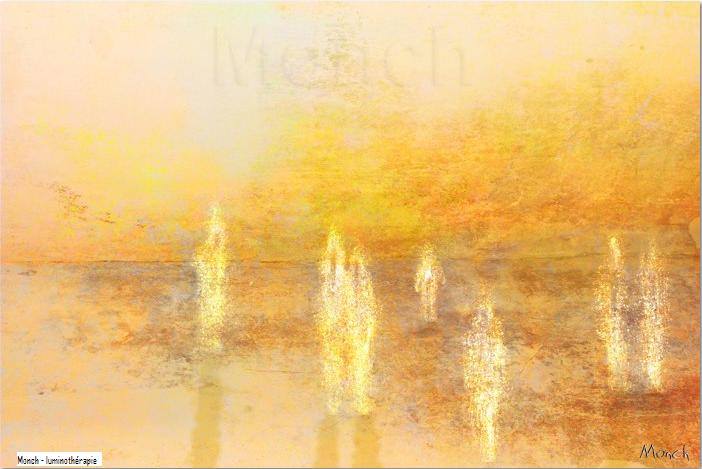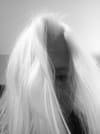Education through Scarcity

In June 1974, at the age of 16, my parents and I moved from Canada to Italy.
I had just completed Grade 11, acquired my driver’s license, and begun to create a certain type of life in Canada largely focused on dating, movies, malls, clothing, television and other suburban distractions.
Suddenly, without warning, my life had just spun on a dime.
I had always loved reading and had been reading everything I could since long before formal schooling. As a young child I read cereal boxes at breakfast, shampoo bottle labels in the bathtub and, of course, any book I could manage. In the morning I read in bed before getting up and before my parents rose. I read at night before going to bed. At a very young age I had a bookcase in my room and I vividly remember my excitement going to pick it out at the furniture store and filling its shelves when we brought it home. In fact, my French grandparents nicknamed me “Lisette” (little reader).
Despite a promising literary start (to mention a few: Anne of Green Gables, the ancient myths of Greece and Rome, Heidi, Robinson Crusoe, Wonderbooks on science and technology, and the fabulous green faux-leather Funk and Wagnall’s encyclopedia that my Mother had been collecting one volume at a time from the grocery store), my tastes had rather devolved by the time I reached my teenage years. Prior to departing for Europe in 1974 I had been reading The Co-Ed Book of Charm and Beauty, various silly horror books, and, my hands-down favourite of the moment, The Happy Hooker. Clearly, I was slipping down a shoddy literary lane.
Despite my appalling tastes, I still loved reading. From the time of our arrival in Italy the type of garbage books I had been reading were no longer available to purchase. Desperate for the written word, I began plowing through my mother’s collection. The books I found there were various works of fiction, tending towards (better) horror and (interesting if not classic) science fiction, with a few bestsellers in the mix. Although some were quite enjoyable, I was starving for more.
In the city where we were living, there were no English language bookshops (no English anything in fact), but the largest bookshop in town had a small carousel of English paperbacks. The carousel was on the upper level, towards the back, somewhat hidden behind boxes. It had maybe 50 books at any given time; the titles were all published by Penguin out of London, and there were no multiples of any work. What the bookshop had been doing was placing a generic order for English language pocketbooks, with no stated preferences other than perhaps “worthwhile” titles. Consequently, their shipments consisted solely of literature from the “Penguin Classics” series – Orwell, Huxley, Eliot, Tolstoy, Melville, Galsworthy, Darwin and so on. Nothing fluffy, nothing “popular”, and not a bestseller in sight.
Initially, I selected a collection of Orwell essays, prompted by having read an essay entitled “Down the Mine”, which I had previously found in one of my mother’s Grade 13 English literature books. I had enjoyed it very much despite it being simply an excerpt from his book “On the Road to Wigan Pier”, a non-fiction work on labour conditions in the British mines in the 1930s.
The essays in this newly acquired plain paperback were a revelation.
Having just arrived in Italy, I had very few distractions; I had very few friends, no television, no radio, and my Grade 12 reading list was a shameful joke. (I was forced to attend a US Military high school, home of the bravely illiterate, and there were no books for sale on the base). I quickly acquired another Orwell essay collection, aptly entitled Such, Such Were the Joys.
And such were my joys. I read Ibsen, Chekhov, Joyce, Poe, Capek, Austen, Steinbeck, Peake, Tolkein and so many others. I didn’t just read them, I absorbed them, I devoured them, and felt a profound craving for more. I had no idea that such a rich world was available.
Hence, this unusual scenario, with the paucity of books and the lack of choice, along with the fortuitous selections made by the Italian bookshop’s expediency (“yes, we’ll take 10kg of good literature in our next month’s shipment”) gave me the gift of worthwhile reading and set me on a path that later led me to owning a secondhand bookshop.
Would you like to read other posts? If so, please click the Home Page link below:

You, Dear Reader, are much needed and appreciated.
Everything written requires a reader to make it whole. The writer begins, then you, dear reader, take in the idea and its image, and so become the continuation of its breath. Please subscribe so that my words can breathe. Consider this my hand, reaching out to yours.
